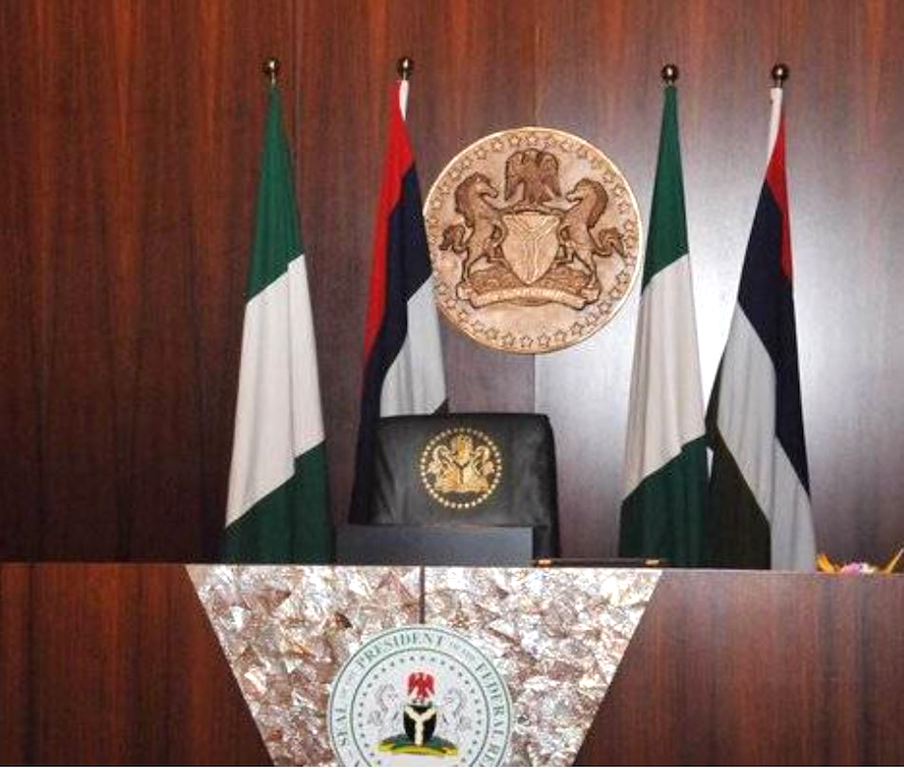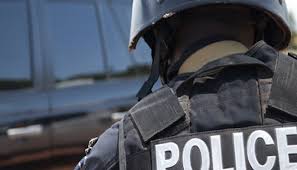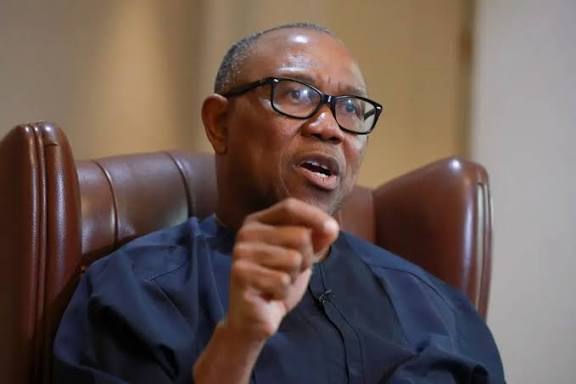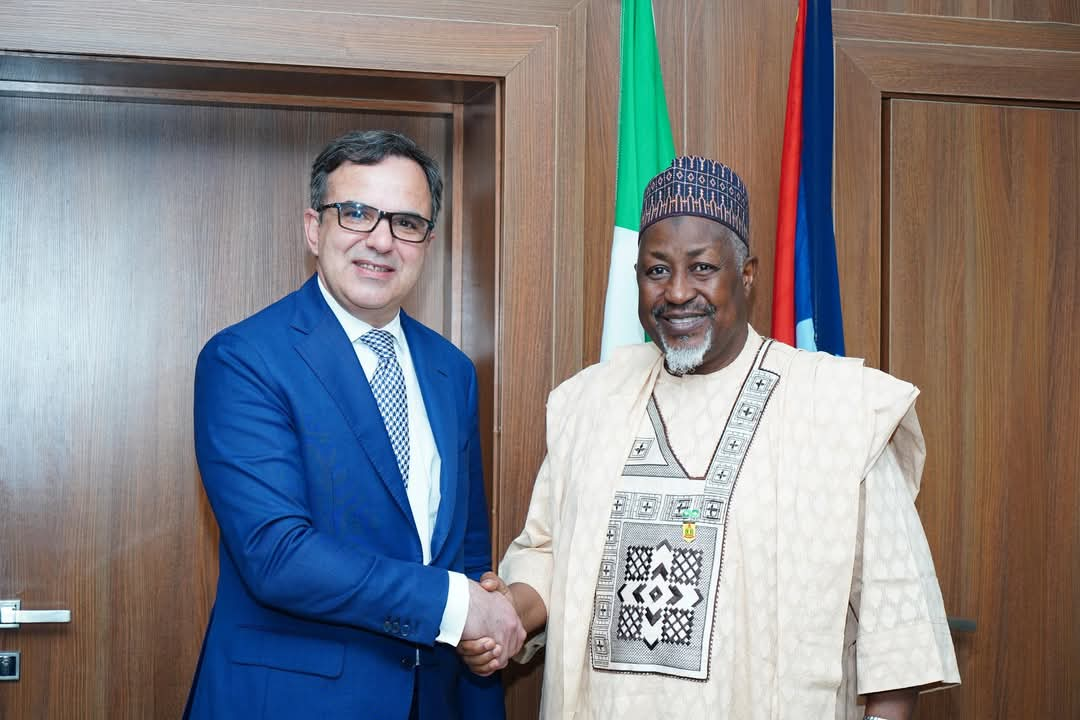The alarm about a plot to foist an Interim National Government (ING) on the country is a ploy by security agencies to arrest the Presidential candidate of the Peoples Democratic Party (PDP), Atiku Abubakar and his Labour Party (LP) counterpart, Peter Obi, before the May 29 handover date, former Deputy National Publicity Secretary of the All Progressives Congress (APC), Comrade Timi Frank has alleged.
The DSS had on Wednesday accused those it referred to as “entrenched interests” of plotting to subvert democracy by forcing the emplacement of an ING in the country.
Frank in reaction to the DSS’ claim, said the secret police know more than they chose to tell Nigerians and urged them to be more forthcoming.

He said the security alarm by the agency was meant as an alibi to crackdown on peaceful protesters demonstrating against the rigged 2023 presidential election and to massively arrest opposition politicians in the country.
He said: “The DSS’ purported intelligence is fake. It is a plot to crackdown on protesters and arrest opposition political leaders before May 29.
“We have credible information that the DSS issued the statement in preparation for its planned disruption of ongoing protest by Nigerians who are demonstrating peacefully to demand for justice and the restoration of their stolen mandate.”
Frank, who is the United Liberation Movement for West Papua (ULMWP), Ambassador to East Africa and Middle East, said that the DSS ought to have used the same intelligence to stop abuse and killing of Nigerians by terrorists groups over the years.
He said: “Where was their intelligence when the Independent National Electoral Commission and Mahmood Yakubu were compromised to rig the 2023 general election?
“Nigerians have been under siege by bandits, kidnappers and terrorists for a long time now, but the DSS never gave intelligence to foil kidnapping, heinous attacks, maiming and killings of innocent Nigerians.
“The only time you see the DSS coming up to talk about intelligence is whenever Nigerians are preparing to either protest against obnoxious government policies, rules, human rights abuses or carrying out lawful political activities.
“The DSS must stop this method of intimidating Nigerians, especially politicians, whenever they want to exercise their constitutional rights.
“In fact, we dare the DSS or any other security outfit in the country to arrest Atiku and Obi before May 29 and see the wrath of Nigerians.”
He however called on protesters not to be intimidated by “this DSS’ fake intelligence of a phantom ING plot.”
He enjoined the UK, US and EU to immediately call on the Nigerian Government to allow Nigerians to exercise their democratic rights which is to ensure that the stolen mandate of the Nigerian people is restored through peaceful protests and the judicial process.
He added: “We are aware that the DSS is planning to sponsor counter protests across the country to clash with the peaceful protesters and use that as an excuse to clampdown on them.
“We dare the DSS to name those involved in the phantom plot if they genuinely have the ‘intelligence’ about a m plot to instigate an ING so the world will know those who plan to stop the inauguration of the President.
“But we know they are not being sincere. This is often their style whenever they want to engage in propaganda and do a hatchet job.
“On the contrary, let them name the purported politicians involved in the plot. Their real intent is to clampdown on protesters and arrest Atiku and Obi before May 29. Nothing more.
“We use this opportunity to call on the international community to prevail on President Muhammadu Buhari to call the DSS to order and stop them from meddling in the democratic process.
“The DSS is the one that is about to scuttle democracy in the country at this moment by plotting to arrest Atiku and Obi and other top opposition politicians,” he said.
He further urged the DSS not to allow the agency to be used to truncate democracy or as purveyors of fake news.
He insisted that the DSS had of recent attempted albeit unsuccessfully to arrest and prosecute the Governor of the Central Bank of Nigeria, Godwin Emefiele for allegedly financing terrorism in the country.
“They later pulled back following the outcry that trailed the move. This is another of such hoaxes and it is one too many,” he said.



